Error message
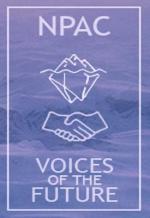
Over the past four years, external funding has facilitated a strong focus on the inclusion of the next generation of Arctic leaders and an NPAC Fellowship Initiative. At the conclusion of the October 2020 conference, which was held virtually due to the COVID-19 pandemic, the fellows were invited to write forward-looking, policy oriented articles for a special web series: NPAC Voices of the Future. Here are the six contributions received:
The Arctic Security Paradox, and What to Do About It
By Andreas Østhagen
Senior Research Fellow, Fridtjof Nansen Institute and High North Center
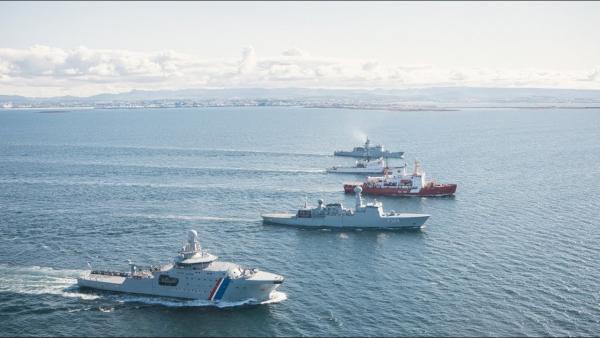
The Warming Arctic Requires Precautionary Management
By Yunjin Kim
Former Researcher, Korea Legislation Research Institute
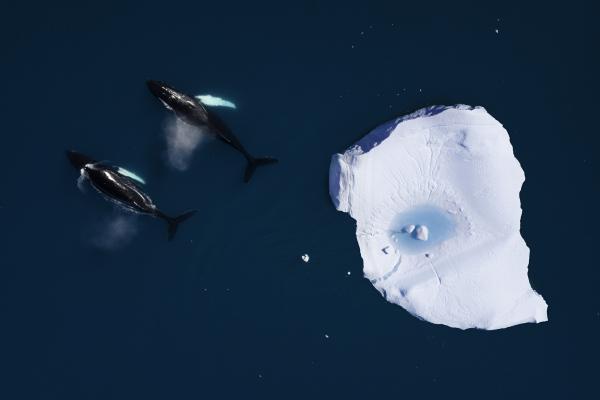
Engaging Arctic Indigenous Communities Meaningfully in Decision-making Affecting Their Food Security
By Kevin Fraley
Fisheries Ecologist, Arctic Beringia Program, Wildlife Conservation Society
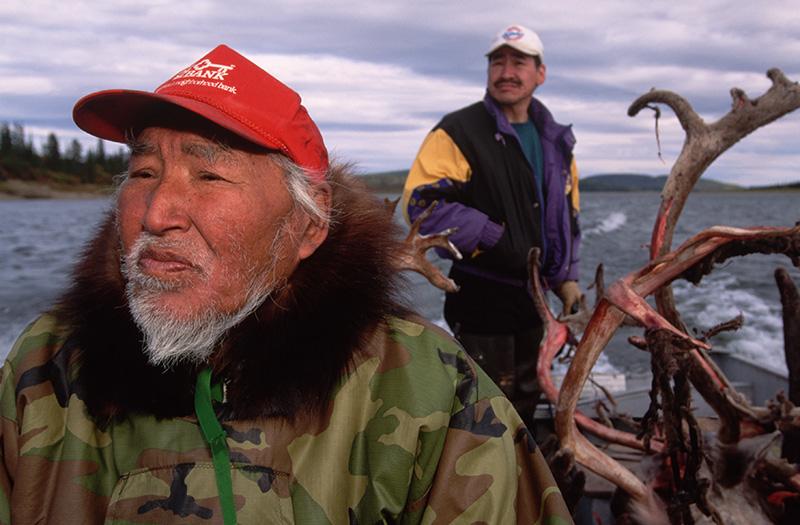
The Spirit of the International Polar Year in Arctic International Cooperation
By Yao Tang
Assistant Professor, Polar Research Institute of China
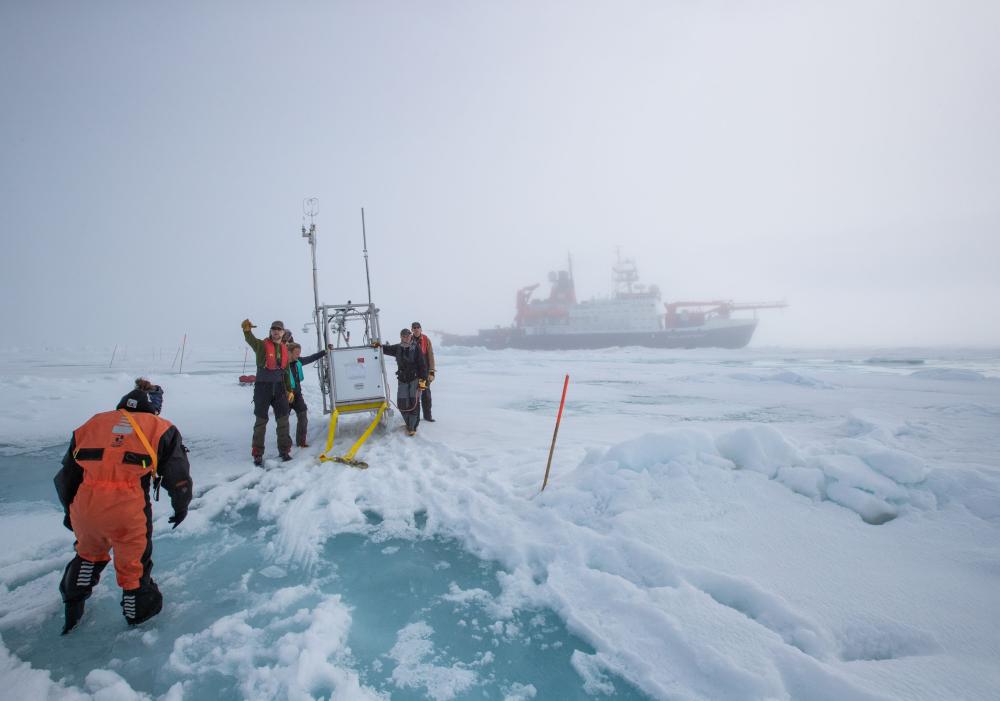
The Warming Arctic: How Thawing Permafrost Challenges Environmental Governance
By Daria Shapovalova
Co-director, Aberdeen University Centre for Energy Law
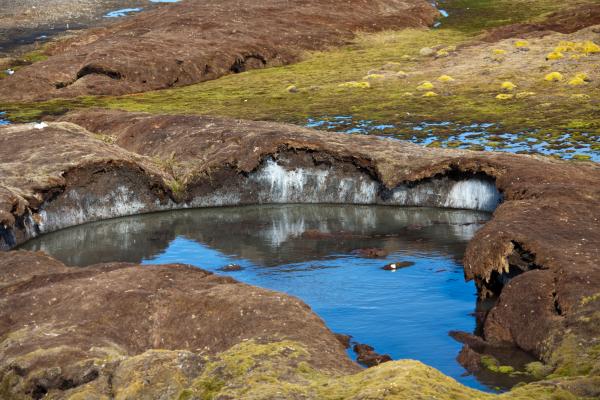
The Delimitation of the Extended Continental Shelves in the Central Arctic Ocean
By Ekaterina Antsygina
PhD Candidate, Queen’s University, Canada
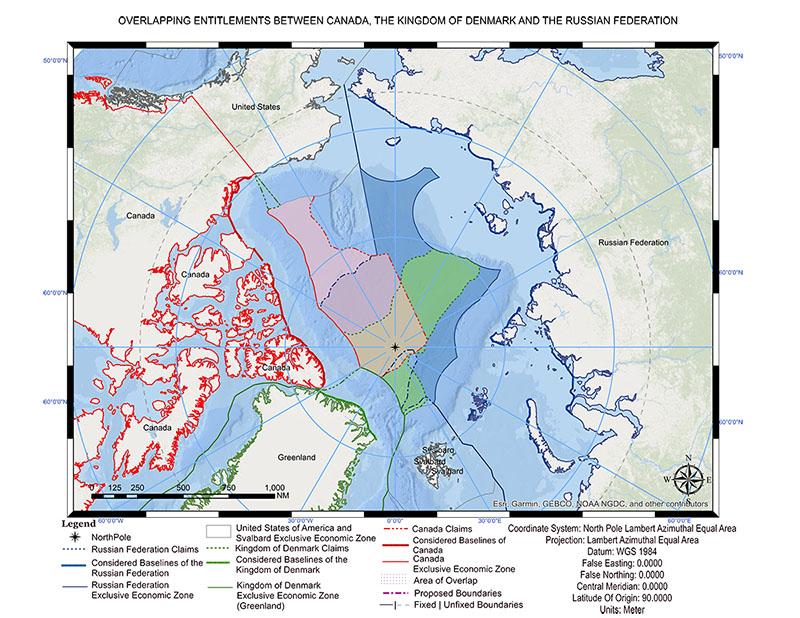

Over the past four years, external funding has facilitated a strong focus on the inclusion of the next generation of Arctic leaders and an NPAC Fellowship Initiative. At the conclusion of the October 2020 conference, which was held virtually due to the COVID-19 pandemic, the fellows were invited to write forward-looking, policy oriented articles for a special web series: NPAC Voices of the Future. Here are the six contributions received:
The Arctic Security Paradox, and What to Do About It
By Andreas Østhagen
Senior Research Fellow, Fridtjof Nansen Institute and High North Center

The Warming Arctic Requires Precautionary Management
By Yunjin Kim
Former Researcher, Korea Legislation Research Institute

Engaging Arctic Indigenous Communities Meaningfully in Decision-making Affecting Their Food Security
By Kevin Fraley
Fisheries Ecologist, Arctic Beringia Program, Wildlife Conservation Society

The Spirit of the International Polar Year in Arctic International Cooperation
By Yao Tang
Assistant Professor, Polar Research Institute of China

The Warming Arctic: How Thawing Permafrost Challenges Environmental Governance
By Daria Shapovalova
Co-director, Aberdeen University Centre for Energy Law

The Delimitation of the Extended Continental Shelves in the Central Arctic Ocean
By Ekaterina Antsygina
PhD Candidate, Queen’s University, Canada


